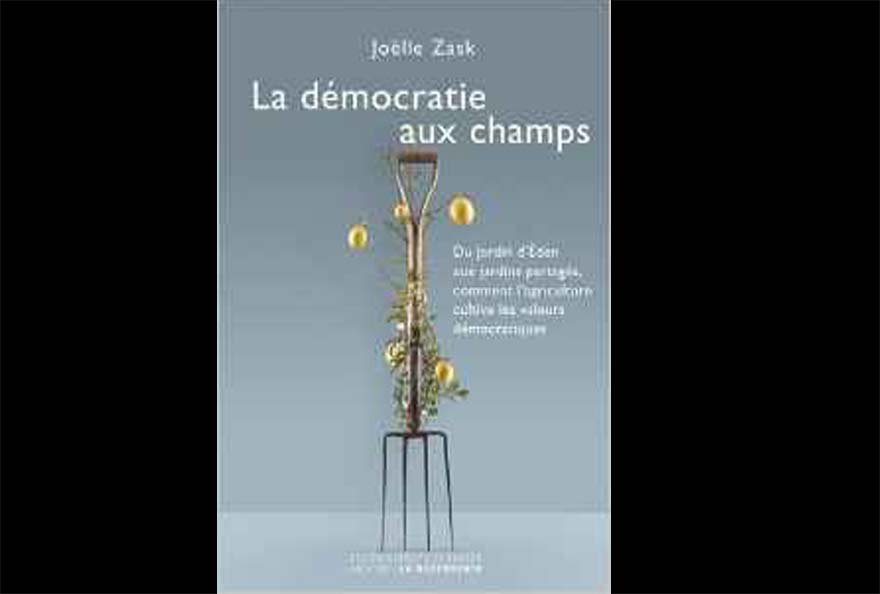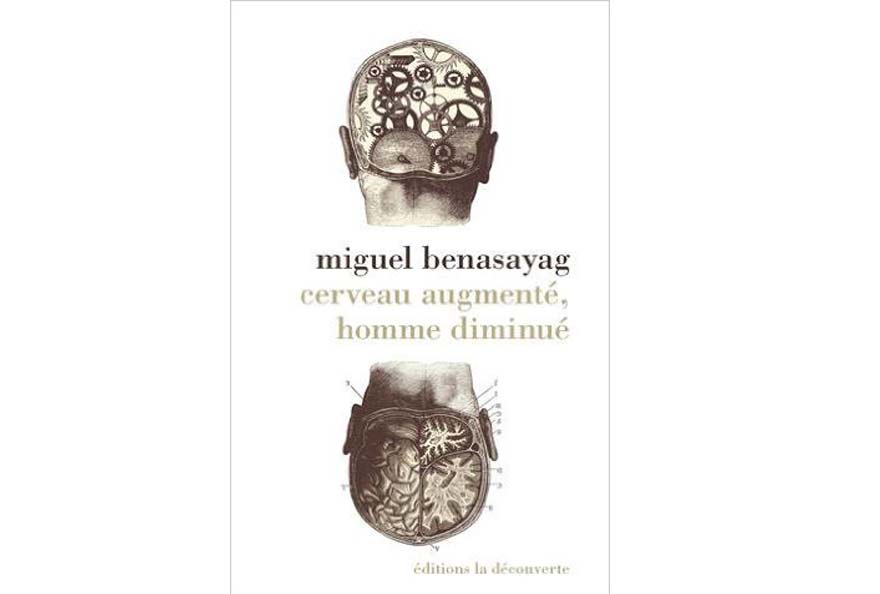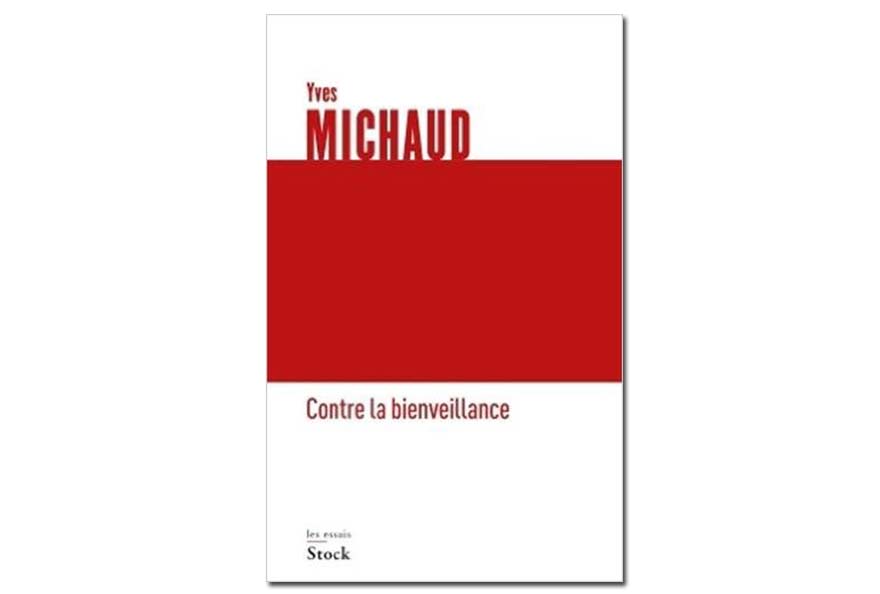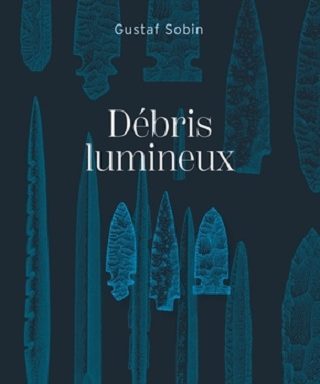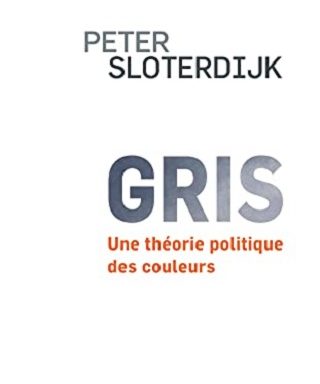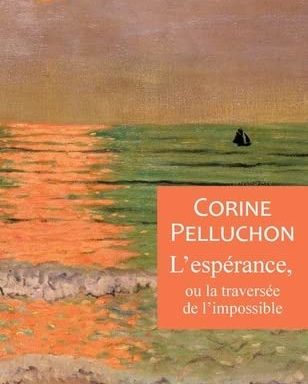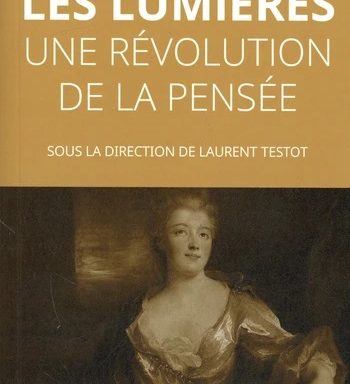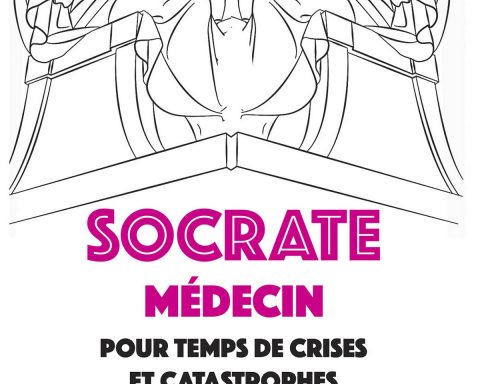"Democracy in the Fields. From the Garden of Eden to shared gardens, how agriculture cultivates democratic values". by Joëlle Zask - Edition La Découverte - Les empêcheurs de tourner en rond, March 2016
Oe used to think that modern democracy comes from the Enlightenment, from the factory, from commerce, from the city. As opposed to the city dweller and even the citizen, the peasant would be at best primitive and close to nature, at worst backward and reactionary.
In contrast to this vision, this book examines what, in the relationship between farmers and the cultivated land, fosters the development of democratic values and the formation of citizenship. The book then takes us through an astonishing array of agricultural experiences, some ancient, some modern; from the Garden of Eden that Adam was to 'cultivate' and also 'keep' to the 'little republic' that was Jefferson's farm; from medieval chambers and homes to Russian plots of land; from worker's gardens to therapeutic gardens; from 'green guerrillas' to Australian shared gardens.
Cultivating the land is not a job like any other. It's not sweating, suffering, or uprooting. It is dialogue, being attentive, taking the initiative and listening to the response, anticipating, knowing that one cannot calculate for sure, and also participating, learning from others, cooperating, sharing. Agriculture can therefore, under certain conditions, represent a considerable power for change and a real hope for democratic ecology.
The aim of this essay is to show that what has gradually become our ideal of democratic freedom does not come primarily from the factory or the Enlightenment, from trade, from the city or cosmopolitanism, but from the farm.
If the culture of the land predisposes to the cultivation of self and the development of liberal social habits, it also promotes the practices of citizenship....
In 1943, the philosopher Simone Weil was concerned about the low regard in which peasants were held and recommended that they be given as much "public attention" as possible, finding it unfair that agriculture was only remembered when food was scarce. Her reasoning applied to them as a class and a profession. But it also applied to profession to the peasant's relationship with the land...
In the profession, "science" and "vocation", which Max Weber had felt he had to separate on the subject of the politician, are joined together. Science corresponds to the method [...]. As for "vocation", it is the conviction, the so-called "professional" ethics, the human purpose, the respect of the conditions of the profession, the consideration of future generations.
These values form a nebula to which we have given the name "democratic culture", while suggesting that political democracy is about ensuring its persistence. If we hold to them, it is not because of some intrinsic qualities that would be theirs, but because of their usefulness in continuously rebalancing the individual dimension of existence and its social dimension. Contrary to common opinion, far from having adhered to contrary values, sometimes reactionary and fascist, sometimes conservative, individualistic and selfish, peasants have also been the artisans of this culture.
Joëlle Zask teaches in the Philosophy Department of the University of Aix-Marseille. She has just published an Introduction to John Dewey (La Découverte, 2015).
Login
0 Comments
Inline Feedbacks
View all comments

